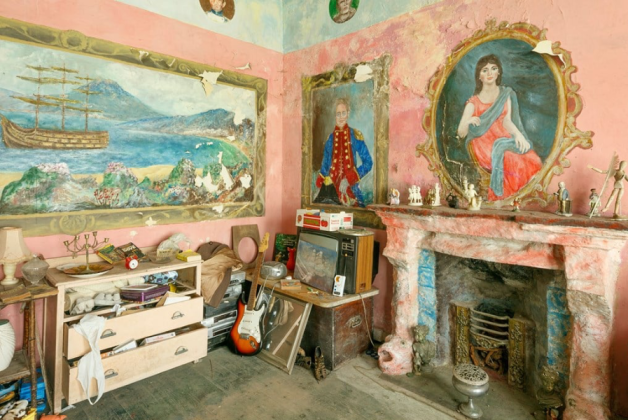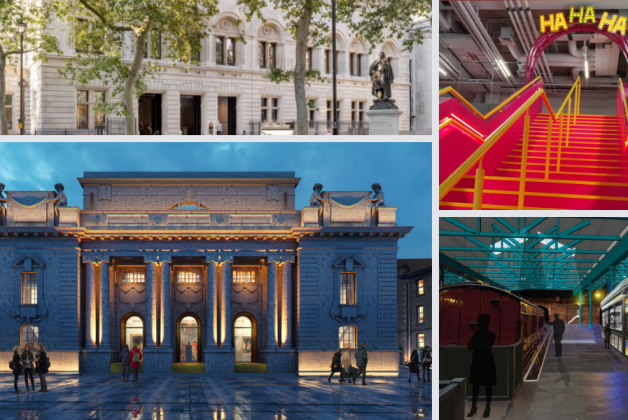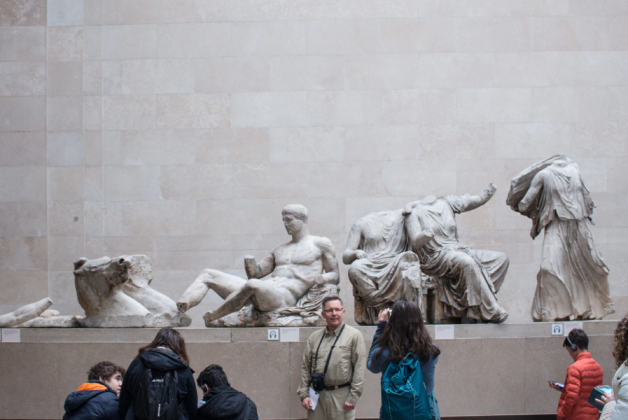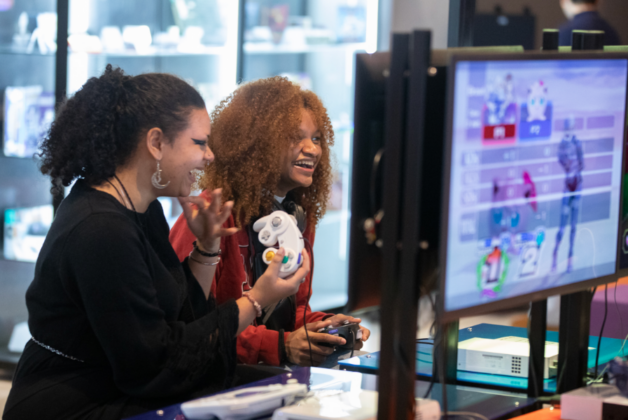So here’s some good news. The Amsterdam-based and independent European Cultural Foundation (ECF) has just launched its 2013 call for Collaboration Grants – which offer an intriguing opportunity for museums to collaborate with organisations across Europe and neighbouring countries.
ECF is looking for creative projects that stimulate partnerships between cultural organisations with partners from outside the cultural sector. They could be academic institutions, governmental bodies, commercial enterprises, or NGOs working in social development or the environmental sector. The partnership might be ongoing, or it might be a brand new relationship that’s initiated by ECF’s call to collaborate. Crucially, to tick all the right boxes, partner organisations must be working together with local communities in a sustainable way on cultural and artistic projects that contribute to the ongoing debate on Europe and Europe’s place in the world.
Maite Garcia Lechner, ECF’s Grant manager comments “cultural players throughout Europe and its immediate neighbours have the potential to give new meaning to old structures. Their creative vision on topics such as free culture & open design; critical media and mass-activism; new nature (including urban planning and development); community involvement in civic movements; and shared economy could have a paradigm-shifting influence on cultural policy at national and European level. We are looking to support these movements.”
Connecting change-makers
For the past 60 years, ECF has supported hundreds of organisations that demonstrate how culture can engage people in the future of their communities – helping to bridge the gap between people and their democratic processes and structures by identifying, connecting and nurturing a network of local cultural change-makers in European Union countries as well as in countries that border Europe – see ECF’s grants page for a complete list.
Through its three active grant schemes and an advocacy programme that has been campaigning hard to increase EU funding for culture, particularly over the last year, ECF links cultural policy with practice across Europe – acting as an impetus for artistic and cultural expression. One highlight in ECF’s annual calendar is the Princess Margriet Award – an award that seeks out two change-makers from across the continent. This year one of the awards goes to Bucharest-based visual artist couple Lia and Dan Perjovschi, who will be discussing their work in a talk at the London-based Romanian Cultural Centre , on the 21 March. This talk will offer an insight to the extraordinary work of Lia and Dan Perjovschi who have individual careers but have also worked together over the course of the last 25 years as cultural change-makers, starting up running the Center for Art Analysis in Romania: creating a space to engage individuals from all sectors – artists, students, philosophers, politicians and civil-society actors – to act on questioning dominant ideologies.
New ideas, inspired visions
ECF’s Collaboration Grants are one of the three funding streams managed by the foundation, and they have funded a vast array of projects bringing new ideas and inspired visions to diverse audiences across Europe. In 2012, the foundation received 420 applications and awarded 13 grants with an average budget of €15,000 each. The maximum Collaboration Grant is €30,000.
One of the successful projects of recent years is Giant Step. The project brought together cultural change-makers from around the world for a series of events designed to explore the place of the institution within contemporary culture, with institutional change being the ultimate goal. To provide a range of perspectives, Giant Step worked with two internationally established institutions – Van Abbemuseum and MOSTYN | Wales – and two that are less connected to institutional structure, vessel and Galeria Labirynt.
“We wanted to understand how we could help each other to maybe create a sort of utopia – an ideal of a museum for the future,” says Viviana Checcia from vessel, who is leading the project. “An institution that maybe can be different – not necessarily better, but more up to date – contemporary, contemporary.”
Hear Vivana talk about the project.
While funding cuts continue to cut swathes through the cultural sector, cultural organisations will need to carry on thinking out of the box to tap into new funding streams – and to carve out their place in Europe’s future.
ECF’s Collaboration Grants give organisations across wider Europe the opportunity to foster cultural change – and to strive for a new, more sustainable and democratic Europe, in collaboration with partner organisations from outside the cultural sector. Visit ECF’s website to find out if your project might be eligible for funding – and to download the Collaboration Grants guidelines and application form. The deadline for applications is Monday, 25 March 2013.




